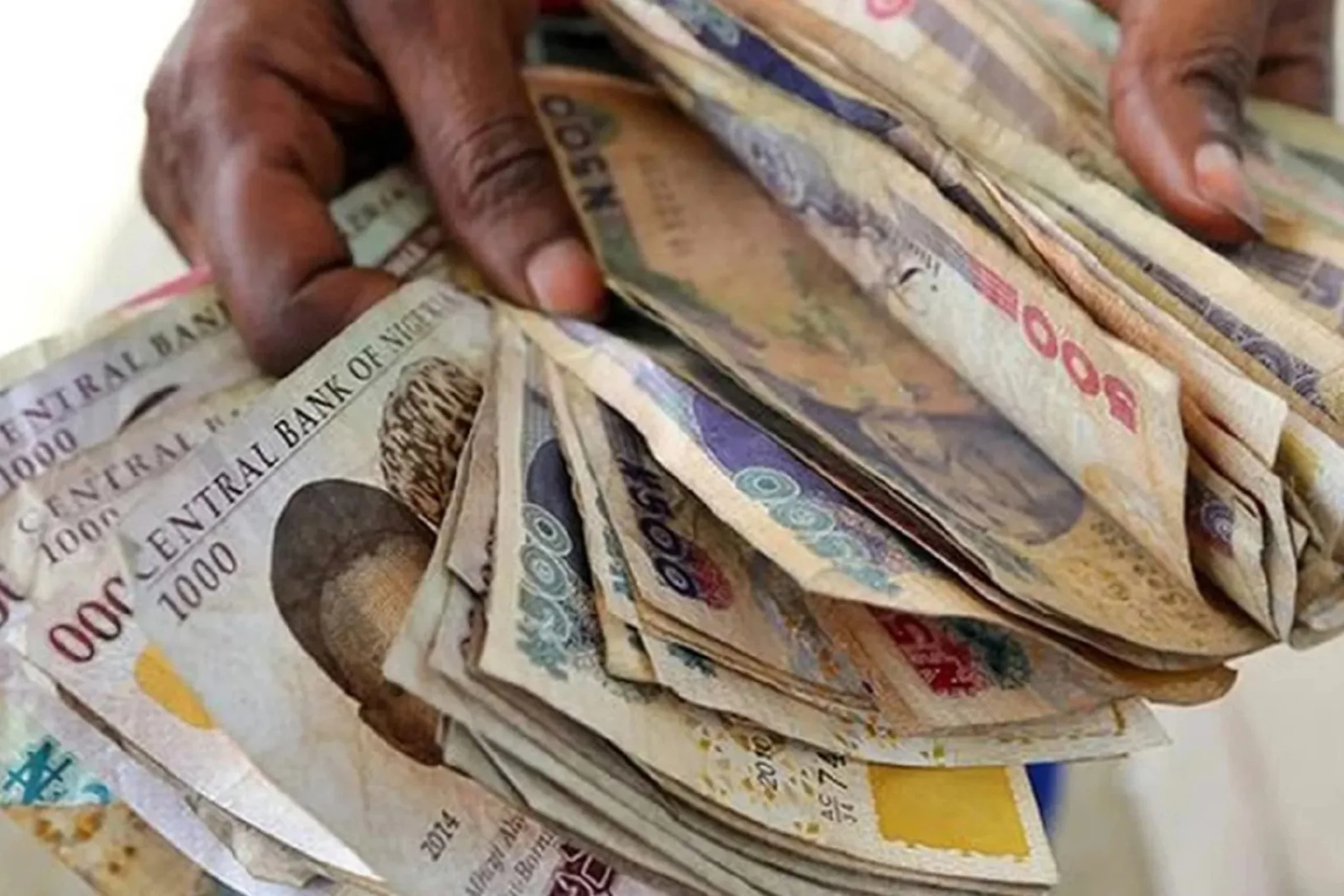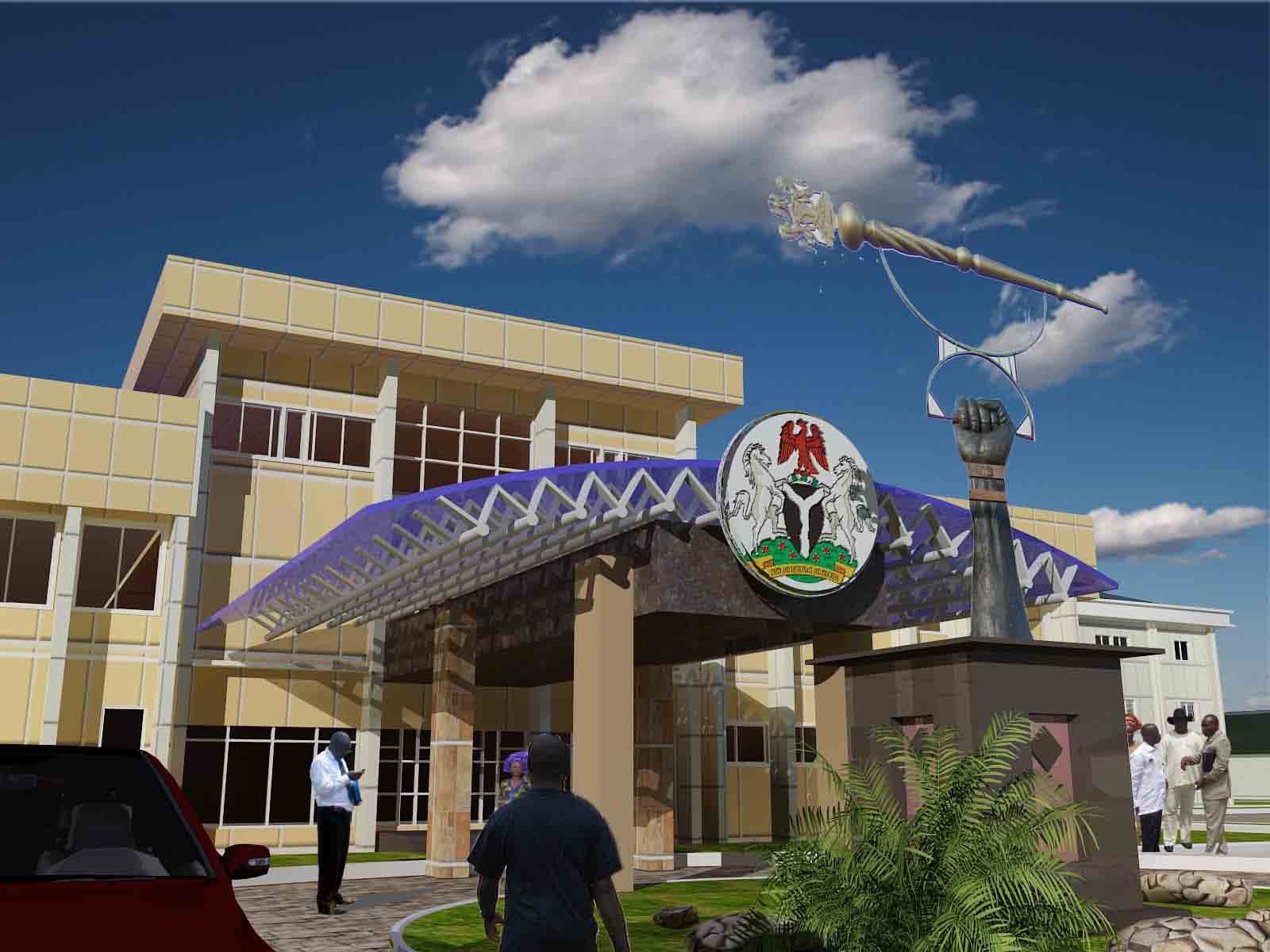The volatility of the Naira against the US dollar continues to send shockwaves of uncertainty through Nigeria’s economy, affecting investors’ confidence.
Last week, there was a brief respite as the country’s currency strengthened against the dollar, trading at N970/$1 in the parallel market compared to N1300/$1 the previous week.
However, the naira started this week on a weak note, with exchange rates ranging from N1000 to N1020/$1 on Monday. This represents a slight depreciation from the N970/$1 rate over the weekend.
Similarly, at the official FMDQ market, the Naira depreciated slightly by 4.24 percent to N809.02/$1, down from N780.03/$1 on Friday.
Meanwhile, Foreign Exchange Reserves in Nigeria increased to $33,340 million in October from $33,240 million in September 2023.
DAILY POST reports that the Naira has continued to fluctuate since the Central Bank of Nigeria floated the currency in the forex market on June 14, causing concerns among industry stakeholders.
Kalu Aja, a financial expert, expressed his opinion in an interview with Channels Television on Monday, stating that it seems impossible for the Naira to stabilize for an extended period.
“The strength of the Naira is determined purely by crude oil sales. Unless we witness substantial crude oil exports, the currency will remain unstable.”
Aja’s stance comes as Nigeria recorded N5.14 trillion from crude oil sales in the first three months of 2023, up from N4.9 trillion in the previous quarter, according to the National Bureau of Statistics.
Speaking with DAILY POST on Monday, a renowned economist and former President and Chairman of the Council of Chartered Institute of Bankers, Prof Segun Ajibola, stated that the ongoing trend in the forex market is symptomatic of a currency struggling to find its fair value in the marketplace.
According to him, for the Naira to regain sustainable strength, the Central Bank of Nigeria and the federal government must consistently plan to address the supply rigidities of foreign exchange.
“All that is ongoing regarding the Naira exchange rate to US$ is symptomatic of a currency struggling to find its fair value in the marketplace. Even though it started bouncing back from a rate of over N1300 to US$ at some point, there is nothing on the ground to celebrate in the Nigerian forex market yet.
“For the Naira to regain sustainable strength, sustainable efforts must be implemented to address supply rigidities. Otherwise, the unstable global oil market will continue to dictate the happenings in Nigeria’s forex market. And at best, swings in the exchange rate would remain large.
“Non-oil foreign exchange earnings must be doggedly driven to sustain an improved supply of dollars to the market amidst untamed demand for dollars for imports. Anything short of this would only create uncharted swings in the foreign exchange market, the type that has been witnessed in the market for weeks now.
“Dollar supply driven by borrowings, drawdowns from reserves, etc, can provide only temporary assistance. And there lies the call for the need to think outside the box in prescribing effective strategies for managing the country’s foreign exchange market”, he stated.
On his part, a don at the Lead City University in Ibadan, Prof Godwin Oyedokun, said, sustaining the Naira surge at the forex is a complex challenge that requires a comprehensive solution.
He identified seven action points the government must carry out to address Naira’s instability in the forex market.
“There are several key action points that the government can take to sustain the Naira’s gains against the Dollar. Here are a few suggestions:
“Implement sound monetary policies: The government should focus on maintaining a stable and predictable monetary policy framework. Interest rates should be set at levels that promote investment and discourage excessive speculation, which can lead to currency volatility.
“Enhance foreign exchange reserves: Building and maintaining an adequate level of foreign exchange reserves is crucial to supporting the value of the Naira. The government should prioritize policies that attract foreign investments and promote exports to increase the inflow of foreign currency.
“Promote export diversification: Over-reliance on oil exports makes the Naira vulnerable to fluctuations in global oil prices. The government should diversify the country’s export base by supporting non-oil sectors, such as agriculture, manufacturing, and services. This would improve the trade balance and reduce the pressure on the Naira.
“Control Inflation: High inflation erodes the currency’s value over time. The government should implement effective fiscal policies, including prudent spending and appropriate taxation, to keep inflation in check. This would boost confidence in the Naira and attract both domestic and foreign investors.
“Strengthen local industries: Encouraging local production and reducing reliance on imports can help to reduce demand for foreign currency. The government should support industries through incentives, infrastructure development, and capacity-building initiatives. This would stimulate economic growth and reduce the pressure on the Naira.
“Enhance transparency and accountability: The government should strive for transparency and accountability in all financial transactions, including foreign exchange dealings. This would help curb corruption, illicit financial flows, and speculative activities negatively affecting Naira’s value.
“Strengthen investor confidence: Engaging with both local and foreign investors to address their concerns and create a conducive business environment is crucial. The government should focus on improving governance, ensuring the rule of law, and addressing security challenges, which would attract more foreign investments and boost the Naira.
“It’s important to note that sustaining the Naira’s gains against the Dollar is a complex challenge that requires a comprehensive approach. These suggestions provide a starting point but should be accompanied by continuous monitoring, evaluation, and adjustments based on the evolving economic landscape”, he stated.
Meanwhile, the CEO of SD & D Capital Management, Mr Idakolo Gbolade, said the government should firm up its forex supply in the market.
“The stability of the Naira is dependent on available forex to intervene in the market. The recent decline could be attributed to the assertions by the airlines that only 10 per cent of their backlog has been cleared. This shows that the CBN needs to do more to create confidence in the system.
“Crude oil revenue is one of the country’s major sources of revenue, and fluctuations will affect our ability to increase revenue to show up in foreign reserves.
“The government should intensify its intervention by supplying more forex to clear the backlogs and meet new requests.





2 Comments